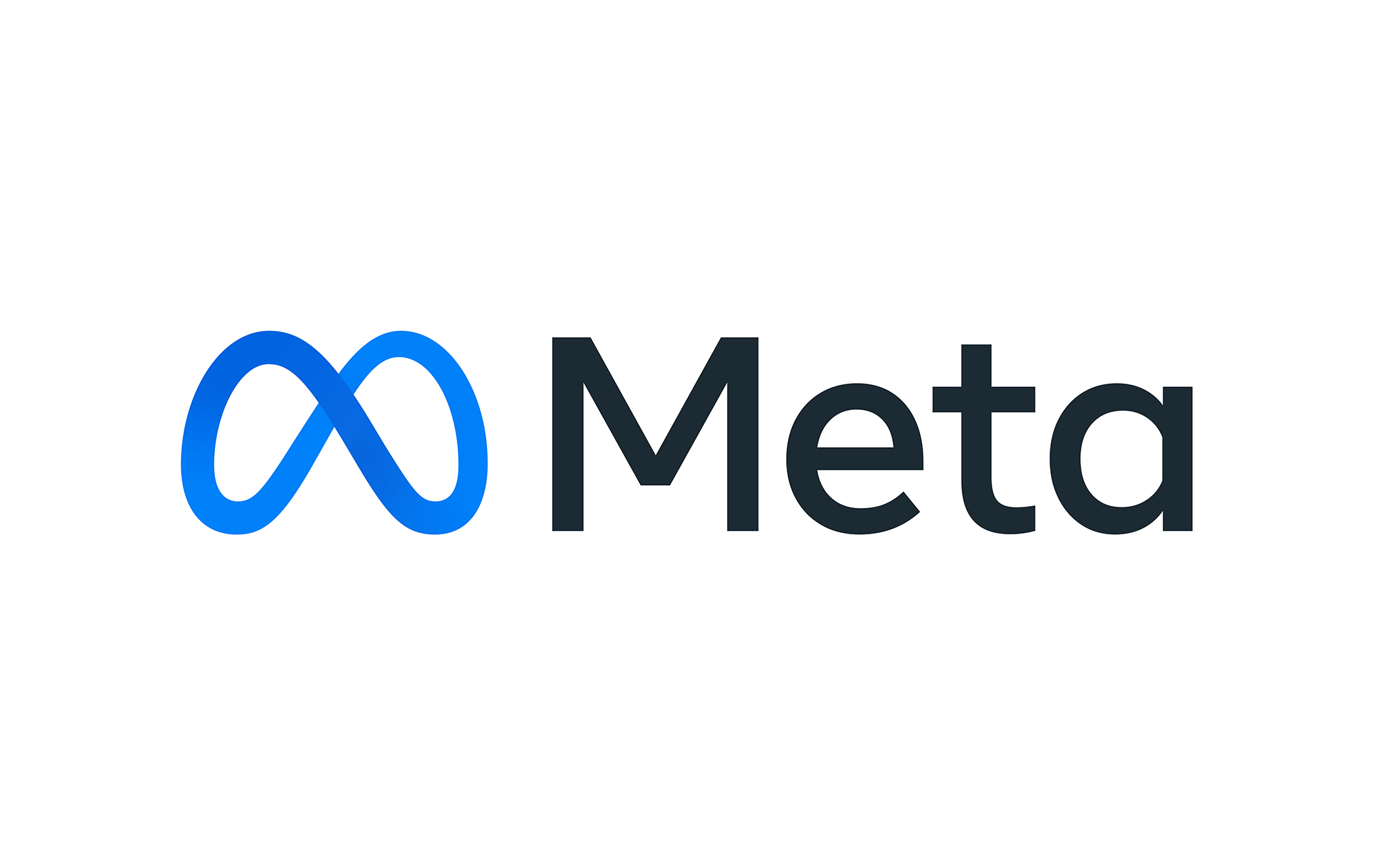By Kingsley Odii
In a move aimed at addressing privacy concerns, Meta, the parent company of Facebook and Instagram, has unveiled a new privacy setting that allows users to request their data not to be used to train Artificial Intelligence (AI) models. The feature called Generative AI Data Subject Rights, can be found within Facebook’s Privacy Center, a section of the website that is often overlooked by users.
The privacy settings offer three options for users. They can request access to download or correct their personal information; they can ask for the deletion of their personal data; or they can use their text box to address any other issues they may have.
However, it is important to note that this setting specifically applies to third-party data used for generative AI model training, and not to the data users themselves input into Facebook, Instagram, and other apps.
Thomas Richards, a spokesperson for Meta, explained that the availability of these data subject rights may vary depending on the user’s location. He clarified that while Meta has not released any generative AI features for consumers on their systems and their Llama 2 language model was not trained on user data, users in certain regions may have the option to object to the use of their data for AI training.
The form within the privacy setting requires users to provide their name, email address, and country of residence. After submission, users are informed that they will receive an email response shortly. However, it remains unclear what Meta does with this information and how they handle the search for user data within their AI training models.
It is worth noting that this privacy setting only applies to third-party data that Meta has scraped, purchased, or licensed from external sources. The exact sources of this data are undisclosed. Users who are concerned about their data being used by larger corporations for AI purposes may find this form to be limited in its effectiveness.
Richard explained that the criteria for the form are deliberately restricted to name and email to minimize the amount of information users have to share. However, this approach may not capture all data that relates to a particular user, as not all data references users by their full name or email address.
The form also asks for the user’s country of residence, suggesting that Meta may grant different rights and obligations based on local laws and regulations. In some jurisdictions, Meta may be legally obliged to allow users to intercept their data. The concept of “Data Subject Rights” refers to the rights individuals have regarding the collection, deletion, access, or alteration of their data under specific local laws. While some countries, like the UK and Canada, have regulations surrounding consumer data scraping, the United States lacks federal laws in this area.
Submitting a request through the form does not guarantee that third-party information will be automatically removed from Meta’s AI training models. Meta states that they review and respond to submissions in accordance with local laws, which vary according to jurisdictions.






Comment
No comments found.